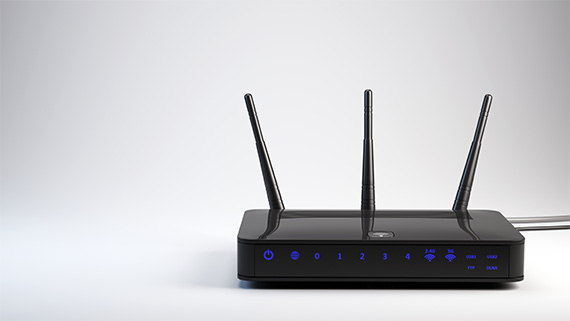Securing Multi-Dwelling Unit Internet Data Flow Through Strong Cryptographic Protocols for Safeguard End-User Confidentiality and Information Integrity
Securing Multi-Dwelling Unit Internet Data Flow Through Strong Cryptographic Protocols for Safeguard End-User Confidentiality and Information Integrity
Blog Article
Within the current online world, protecting internet data is more important than ever before, particularly in Multi-Dwelling Units (MDUs) such as apartment buildings and condo environments. Such settings often have numerous tenants sharing the same web connection, which can result to potential safety risks. To guarantee that users' confidentiality and information integrity are maintained, it is vital to implement strong encryption standards. Data encryption is a method that encodes data, making it inaccessible to anyone who do not have the appropriate key to decrypt it. This process helps maintain personal data safe from cybercriminals and unauthorized access.
A of the widely widely used coding standards is Secure Sockets Layer (SSL) and its successor, Transport Layer (TLS). Such standards establish a secure connection between a resident's device and the internet, ensuring that any information transferred remains private. When residents in an MDU access sites that employ SSL/TLS, their personal information, including passwords and payment billing numbers, is secured. This implies that even if someone attempts to capture the data, they would only see a jumble of letters and numbers, making it nearly impossible to comprehend. By promoting the adoption of such standards, MDUs can greatly improve the security of their residents' online activities.
Another crucial coding technique is Virtual Private Network (VPN) technology. A VPN establishes a protected tunnel for web data, which safeguards individuals from prying more helpful info eyes, particularly when using shared wireless networks. In an MDU, where numerous residents may connect to the same service, using a VPN can help ensure that personal internet actions remain private. This is especially crucial for tasks including online banking or accessing confidential data. By encouraging the adoption of VPNs among residents, MDUs can cultivate a more secure internet environment and help safeguard against data leaks.
Alongside such coding techniques, it is essential for MDUs to inform their residents about the importance of cybersecurity. Numerous individuals may not be aware of the risks associated with utilizing common internet connections. Offering information on how to recognize scam attempts, the importance of strong credentials, and the advantages of using encrypted websites can empower residents to take control of their internet security. Workshops or informational meetings can be beneficial ways to increase awareness and promote optimal practices for internet safety.
Finally, MDUs should think about working with internet provider companies (ISPs) that prioritize security and offer enhanced encryption features. By partnering with ISPs that implement robust coding protocols, MDUs can ensure that their tenants have availability to secure web connections. This collaboration can lead to enhanced overall security for the whole building, as well as increased confidence among tenants. By taking these steps, MDUs can establish a safer internet environment, safeguarding resident privacy and information security in an increasingly interconnected environment.